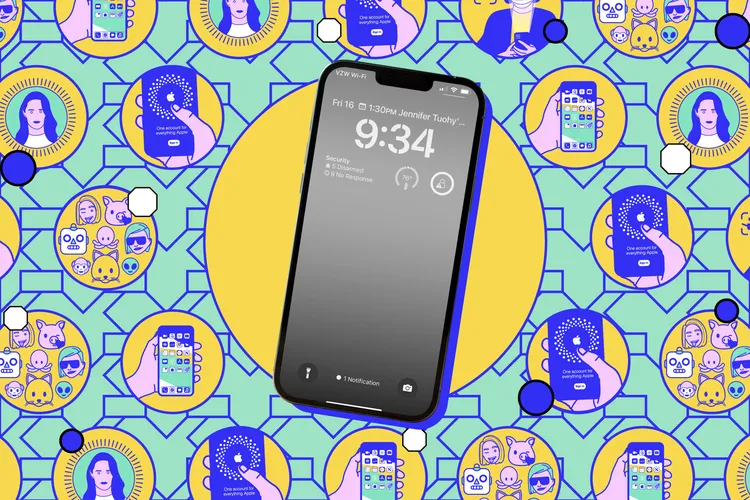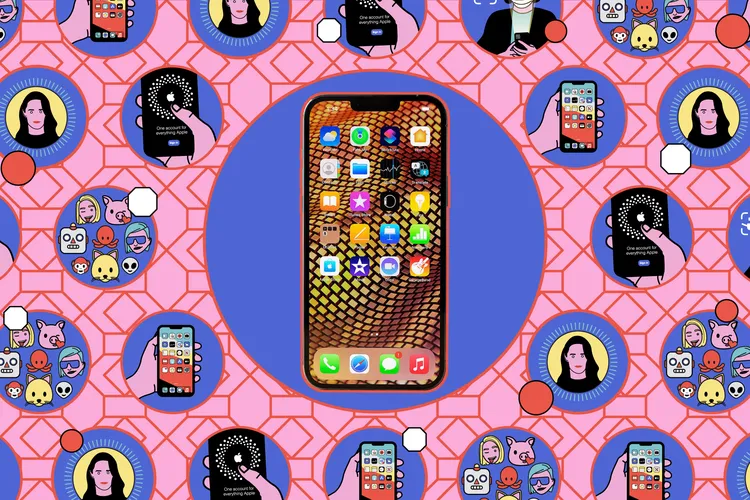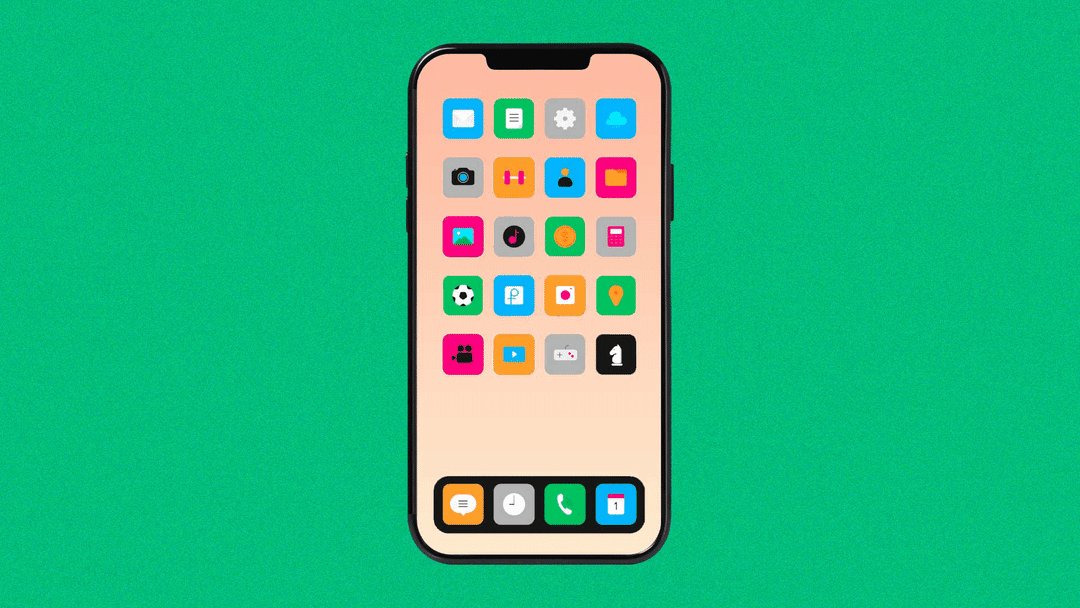In today’s digital age, our smartphones serve as both valuable tools and potential distractions. Many of us experience a love/hate relationship with our phones, appreciating the convenience they bring while struggling with the constant pull towards mindless scrolling and notifications.
The good news is that by implementing a few changes, you can transform your relationship with your phone and, in turn, enhance your overall well-being. Drawing insights from a Becoming Superhuman workshop with Dr. Sahar Yousef and Lucas Miller, along with inspiration from bestselling author James Clear, we explore five practical tips to improve your life and promote a healthier connection with your device.

1) Make your phone ugly
One intriguing approach to reducing phone usage is to make it less visually appealing. Dr Sahar Yousef and Lucas Miller suggest turning your smartphone screen to grayscale. The vibrant colours and graphics that make the phone irresistible lose their allure in grayscale. Access your accessibility settings to make this switch and witness a potential reduction in the time spent on your device.
2) Reduce apps on the home screen
James Clear’s philosophy of making bad habits harder to do provides valuable guidance in organizing your home screen. Hide or uninstall distracting apps, particularly those related to gaming or social media, from the first screen. Instead, prioritize essential apps that contribute to your well-being, making positive habits more accessible and discouraging distractions.

3) Turn off notifications
Constant notifications can disrupt moments of focus and enjoyment. To regain control of your attention, consider turning off non-essential notifications on your phone or computer. While keeping alarms and meeting reminders active, evaluate whether knowing every social media interaction is crucial for your well-being.
4) Hide self-view on video calls
The pop-up screen displaying your face during video calls can be distracting. Dr. Yousef and Lucas Miller recommend hiding the “self-view” on video calls, whether on your phone or computer. This small adjustment allows you to focus more on others and the task at hand, potentially leaving you less mentally fatigued after phone calls.
5) Sleep with a teddy bear, not your phone
Examining your bedtime routine is crucial for quality sleep and relaxation. If reaching for your phone is the first and last thing you do each day, it might be time to establish boundaries. Consider placing your phone in another room and opting for a more serene bedtime environment. This small change can significantly contribute to better sleep hygiene.

Bonus tip: Learn to say “No”
While not a tech tip, James Clear’s advice to say “no” more holds significant importance. Establishing boundaries and declining unnecessary commitments allows you the time to relax, destress, and focus on the things that truly matter to your well-being.
Improving your well-being by cultivating a healthier relationship with your phone involves a combination of practical tips and mindset shifts. Experiment with these suggestions, from making your phone less appealing to strategically organizing your apps and setting boundaries. By taking control of your device usage, you can create a more focused, fulfilling life that prioritizes what truly matters.








